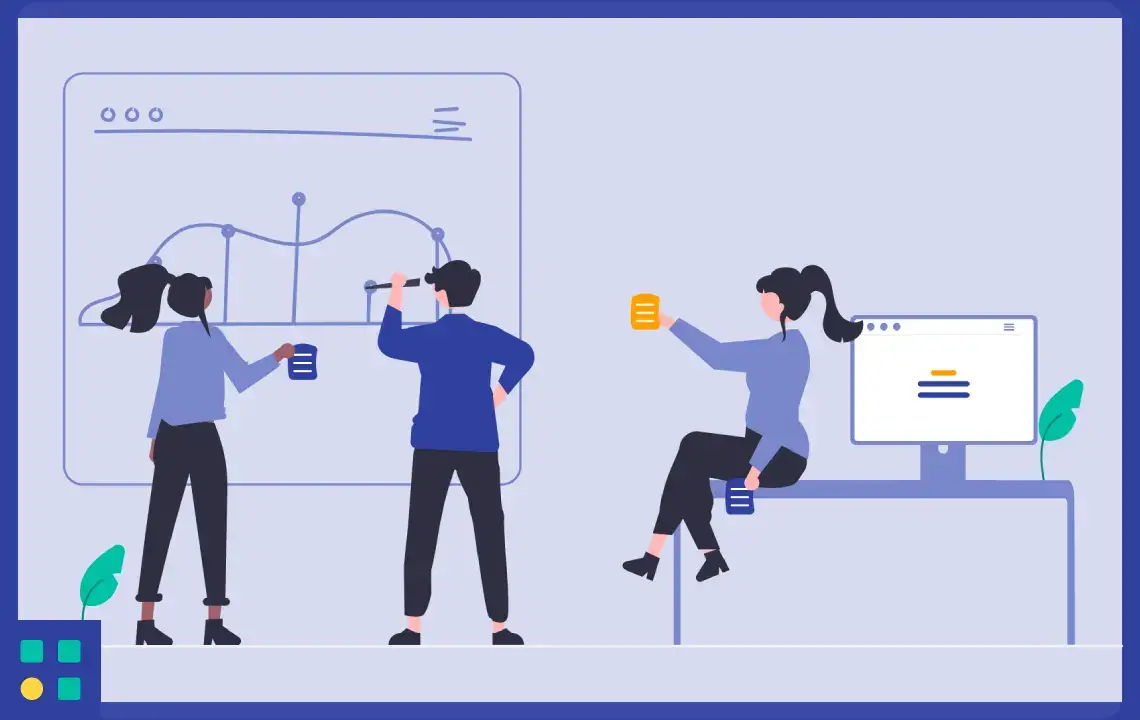Active Listening is a Communication Technique in which the listener fully concentrates on, understands, responds, and then remembers what is being said.
It also involves Providing Feedback to the speaker to show that you are engaged and understanding what is being said.
It is a skill that overall improves all aspects of someone’s life, from Job Performance to Interpersonal Relationships as it is a way of Building Trust with your peers.
Asking and clarifying questions is a critical element of active listening.
This makes sure that Team Members may contribute their own thoughts and ideas and understand what is being discussed. Team Members can aid in the Success of the Project by actively participating in the conversation.
Paying Attention to Nonverbal Signals like body language and voice tone is another important part of Active Listening.
These cues might offer context and details regarding the information being said.
Members of the Team could much more effectively understand the speaker's intention and react accordingly by paying attention to these cues.
Why should someone do it?
There are many reasons why you should be careful of what people are saying. It is a skill that can benefit individuals in many different settings and luckily it can be improved.
By active listening one can:
Build Trust by showing the speaker that you are genuinely interested in what they are saying and that you care about their perspective.
Resolve Conflicts by helping to understand the underlying issues and concerns of both parties.
Solve Problems by quickly identifying the causes
Develop Interpersonal Skills such as empathy and self-awareness
Develop Professional Skills by showing expertise and ability to Teamwork.
How is it important in software development?
The software development process is no different.
Project Managers, Software Developers, Quality Assurance Testers and Designers are the usual members of a Software Development Team and any team needs Effective Communication.
Members are better able to understand each other's perspective and work to find answers when they Actively Listen one another.
As a result, the Software Development process becomes Efficient, and Teamwork is Encouraged. Team members gather to review what went well and what could have been done better during Sprint Retrospectives.
The reverse of not practicing Active Listening, is the risk of missing Important Insights on Functionality that the Business Logic imposes, or to miss important Technical Requirements, adding to Technical Debt.
How do I do it?
I always make sure to:
Always Listen
Don't Interrupt, I'm always letting the person finish talking
Ask Open-Ended Questions to clarify the speaker's message and to show them that I am Actively Listening.
Repeat or Rephrase what the speaker, in case I did not understand, but I try to avoid this as it can be
Always prepare a Meeting Summary that will help with reporting and keeping track of discussions
Closing thoughts
Effective Communication is essential for the success of a Software Development Project, and Active Listening is a key component of this. It improves interactions among Team Members, leading to more efficient processes and improved Teamwork.
